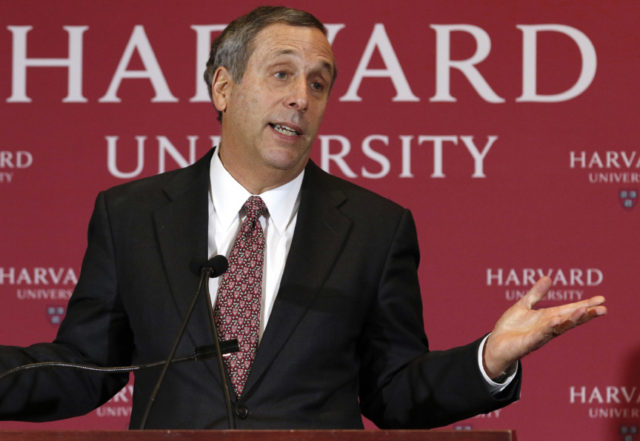In week two of the Harvard Asian discrimination trial, several witnesses shed light on the institution’s controversial admissions practices.
On Monday, Harvard College Dean Rakesh Khurana defended Harvard’s wealthy student body. “Don’t you actually think that Harvard’s class should have a socioeconomic makeup that looks a lot more like America, provided the students were academically qualified to be at Harvard?” the plaintiff’s attorney asked Khurana. “Your personal opinion, sir?”
On Thursday, Duke economist Peter S. Arcidiacano took the witness stand. Arcidiacano submitted a report to the court over the summer that included a thorough analysis of Harvard’s admissions data. The report concluded that there was “compelling” evidence of discrimination against Asian-American applicants. Arcidiacano contends that Harvard used low “personal rating” scores to balance out Asian-American applicants’ high test and academic scores.
On Friday, Harvard attorney Bill Lee attempted to debunk Arcidiacano’s report. Lee argued that Arcidiacano’s report omitted several variables that factor into the admissions decision, namely parental occupation, intended career, and staff rating indicator.
Eight current Harvard students are set to testify this week about their experiences with the school’s affirmative action practices.

COMMENTS
Please let us know if you're having issues with commenting.